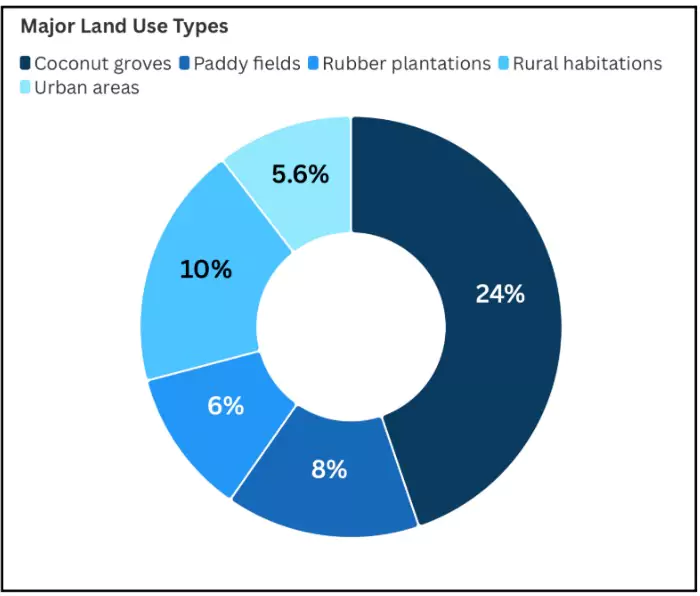![]() 29 Jul 2025
29 Jul 2025

A large-scale citizen science study reveals that Golden Jackals in Kerala predominantly inhabit open and human-dominated landscapes, not forests.

About Golden Jackals (Canis aureus naria)
|
|---|
<div class="new-fform">
</div>
